at The Corn Exchange, Brighton, UK
Unlike many conferences we gather together a mix of academic and commercial experts and curate our talks along a very strong theme. This year’s theme is Practical Philosophy. You might think philosophy is esoteric but we’re going to show that it’s something you can use every day in your approach to your work.
Eight thought provoking speakers have been carefully chosen to talk about how theory and research influences the way we create websites. UX Brighton 2014 blends the worlds of the practical, the theoretical, the commercial and the academic to create new connections and highlight the foundations of designing for User Experience.
Follow @uxbri on Twitter

Marianne’s talk will examine the distinction between inductive and deductive reasoning, and how they interact in our everyday thinking. We shall consider how to recognise, analyse and evaluate arguments, and what it is that makes rationality so important, not least in the process of design.
At 15, Marianne was thrown out of school for truancy and disruption. She had no qualifications whatsoever. At 26, having discovered philosophy during an arts foundation course with the Open University, she got herself into London University. In 1985 she took First Class Honours. She came to Oxford to do graduate work at Corpus Christi College, and she has been there ever since. Marianne started lecturing in 1987, first at Pembroke College (’87-’90), then at Brasenose (’90-2000). Since 2001 she has been Director of Studies in Philosophy at Oxford’s Department of Continuing Education.
Marianne’s philosophy podcasts have been downloaded millions of times. For the last six years she has hardly been out of the iTunesU top ten, several times taking global number one. On May 11th 2011 her podcasts simultaneously held every single one of the top ten download positions on iTunesU.
Facebook: Marianne Talbot Philosophy
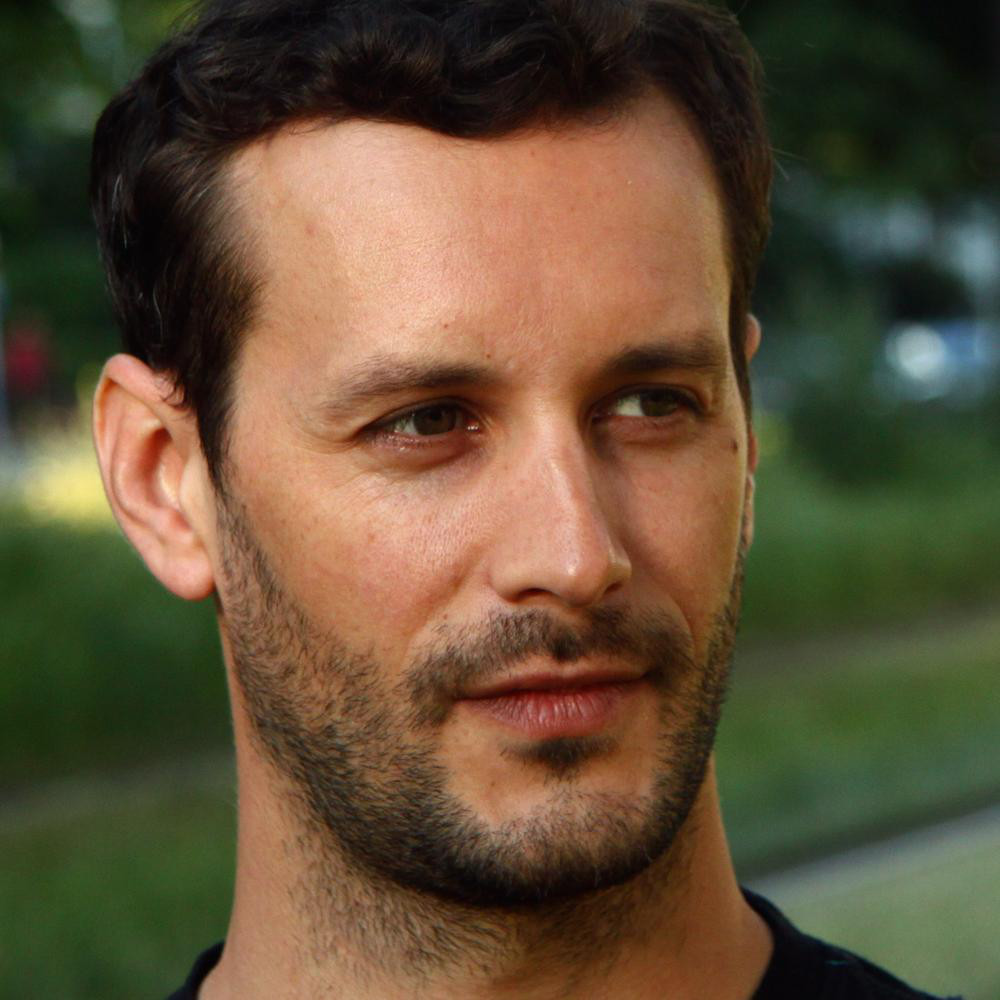
From the draughtsman’s table to the boardroom, the role of design has been moving from decoration to the delivery of strategic advantage.
This shift can be described with concepts from the world of philosophy and the history of natural sciences, particularly by examining different approaches to reasoning.
Andy will discuss how we might help organisations become more resilient and sustainable; to help them not just to survive but thrive in increasingly complex situations.
Andy helps people design and build digital products, services and organisations. Nowadays this mostly involves asking silly questions, sketching (with a pen or in code) and acting as a translator between business people, designers and technologists.
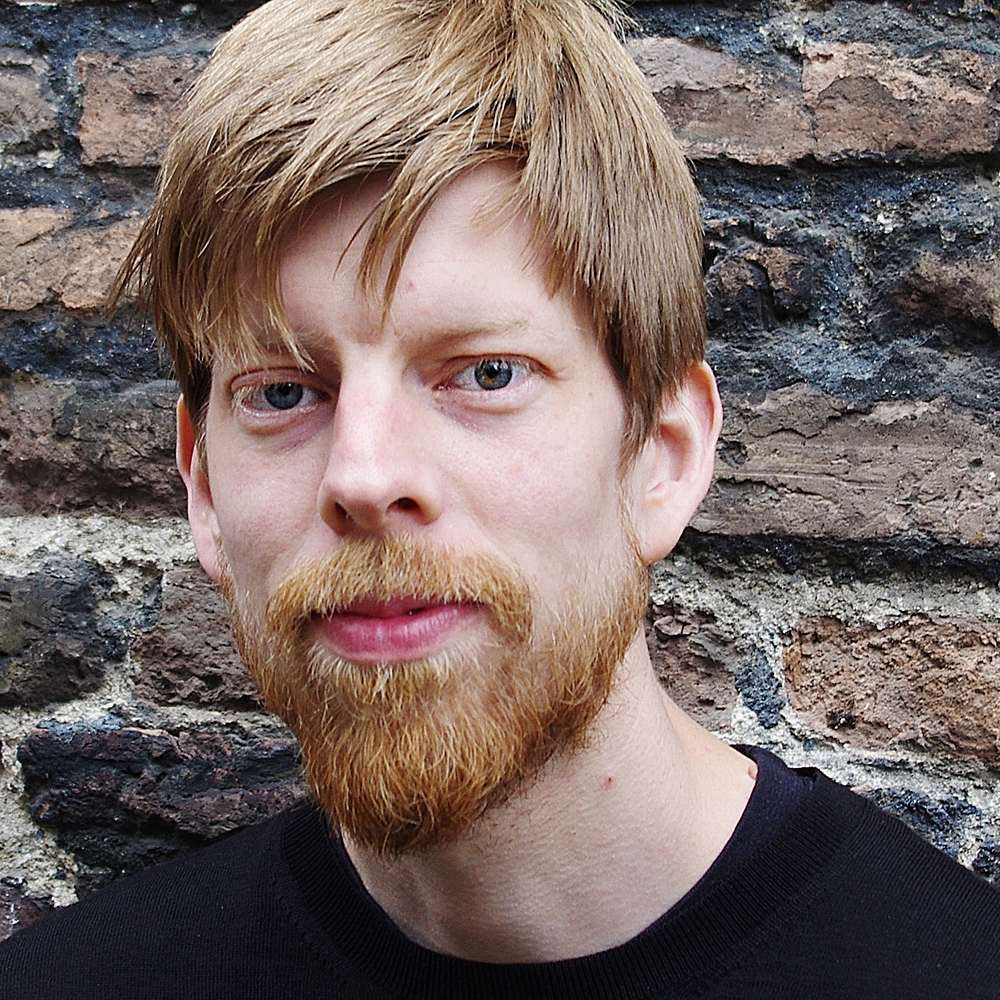
As designers we are constantly surrounded by visions of the future, but how did they come into being? If we want to move forward, we have to go backwards. We have to engage with our history and culture hermeneutically.
Sjors’s talk will discuss hermeneutics: a philosophical framework that deals with the problem of understanding. He will show how to use it to understand designers of the past and become more powerful designers of the future.
Sjors Timmer is a freelance Interaction Designer interested in exploring and stretching the boundaries of design. He currently works for the Ministry of Justice, and has worked for agencies and start-ups in the past. He is actively involved in the design community, where he co-organised UX Camp London and UXDO, a series of practical workshops for designers. He has given a number of presentations on a broad range of design subjects for diverse audiences of professionals, including a presentation on designing with time in mind at EuroIA and the design process of Rem Koolhaas at LondonIA. He has written for well-known blogs and has been featured in .Net magazine. He holds an MA in Digital Media from Goldsmiths, University of London.
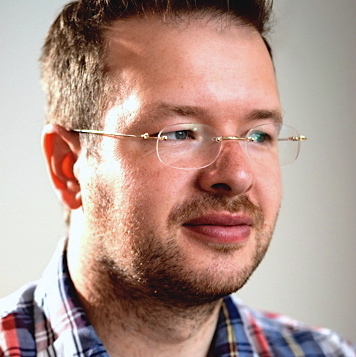
Like many things we take for granted, the concepts of evidence and science emerged before our time. But where do these ideas come from? What came before? What does it mean to be empirical, and what can designers learn from one of its founding fathers, David Hume?
After graduating with an English degree, Ben busied himself in the world of web development. It turns out that the collision of humanities and engineering is a great foundation for a career in UX design.
He works at Clearleft, helping organisations such as the BBC, UNICEF, and the Wellcome Trust.
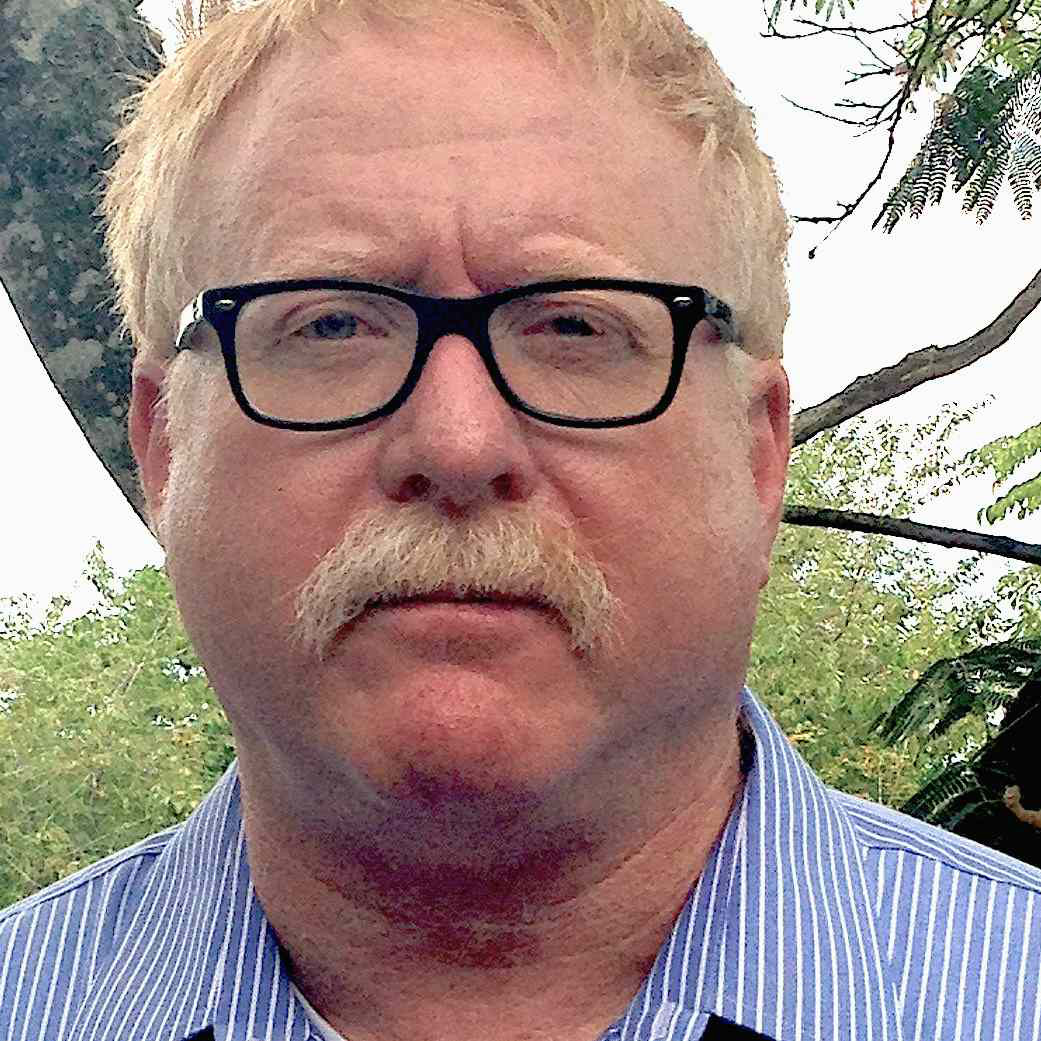
A familiar situation for designers is where the task is to produce or augment a software system that is used within a work environment. A central characteristic of these systems is that they support industry specific processes. Dr. Helman considers three important problems for workplace software design: How can we build mechanisms in the design phase to help ensure that the software can be supported over time?
How can we incorporate the needs and objectives of particular locations and not merely impose a single work process in contexts where it is not efficient? How can the time management elements of the software recognise the value of employees and their work product? Dr. Helman will show how ideas in the philosophy of language, the philosophy of knowledge, and political philosophy provide some deeply helpful approaches to these three problems.
The talk will suggest particular design approaches, but its overall goal is to show generally how philosophical thinking can provide valuable insights for software design. The talk achieves its goal if after going over the examples software designers can apply philosophical ideas to their own software designs in a systematic way that aligns with the needs and the culture of the client industry.
Dr. Helman has a Ph.D. in Philosophy from Harvard and an M.S. in Computer Science and Engineering. His publications are in Philosophy, Management Information Systems, Artificial Intelligence, Systems Engineering and Computer Science. For the last twenty years, he has worked as a programmer and consultant, primarily in the area of Business Intelligence.

User Experience professionals come from a diverse range of occupations and have very different life experiences. Those with a background in psychology come with a perhaps unique skill set. These skills will include memories of experimental design, statistics and ethics classes. This talk will discuss why international protocols exist in this domain that control when, where, and how you use the phrase – “could you test this for me?”, and you subsequently collect opinions, views, and performance data about that person’s experience.
The talk will use examples from psychological research into safety and security products and systems. The aim is for UX people to understand their roles and responsibilities in dealing with those that participate in experiments and what 'informed consent' truly might be, and how you should protect the psychological wellbeing of the person telling you – “I love your product”.
Why the blurry portrait? The sensitive nature of Martin’s work means we aren’t allowed to show his face! Intrigued? Read on…
Martin is a psychologist and engineer who specialises in the investigation and prevention of human error.
He founded the human factors group at the University of Sussex, which successfully transferred into the science park, 10 years ago, to become User Perspective Ltd. Now the UK’s leading human factors group for transport and security.
User Perspective has completed almost 500 projects and investigations to date. Notable work has included: time in Paris for Lord Steven’s Operation Paget, where the team investigated driver error and eye witness reliability; the creation (for HM Government) of guides, training and assessment tools for security control rooms; for international organisations and friendly governments, the enhancement of security screening methods at airports.
The group works across many government departments and FTSE100 companies. Work encompasses rail, marine, road, and aviation markets
Martin maintains his knowledge by acting as a government auditor for research funding bodies, lecturing at several universities – including The Royal College of Art, and is ethics and technical advisor / reviewer to many organisations and scientific journals.
His other business interests now extend to work investigating medical device design, human error in emergency medicine, and retained instruments during elective surgery.
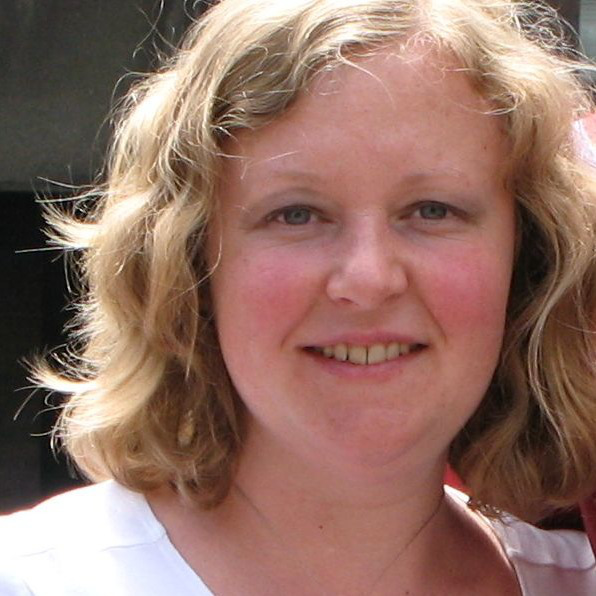
Over the past 30 years science has played a key role in shaping and advancing research in Human-Computer Interaction, providing explanations of how and why people interact through and with technology. The resulting theories and explanations are becoming known as Interaction Science. Scientific theories may sometimes inform design immediately, but often only do so in the long run or may only be useful because they inform HCI education, or inform further scientific investigation of HCI phenomena. So what use is Interaction Science to the UX Designer? As part of the UX Designers toolkit, experimental methods are often seen as being of more direct benefit to the UX Designer than Interaction Science theories. Anna will outline how understanding some philosophy of science can help us understand how, when and why a scientific approach can be useful.
Anna Cox is Deputy Director of the UCL Interaction Centre and a Reader in HCI. Her research uses scientific methods to understand the interaction between people and computers. Much of her current research falls in the broad area of HCI for Health & Wellbeing: this includes work on reducing human error in the use of medical devices and exploring the influence of digital practices on wellbeing. In addition she is interested in the HCI aspects of human computation exploring areas such as citizen science, serious games and teleworking.
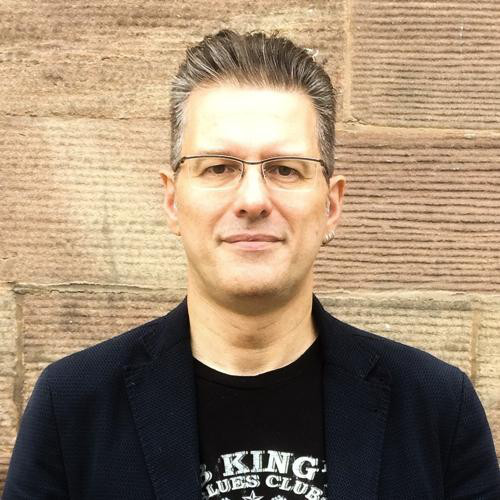
Andrew Clarke is a designer at Stuff and Nonsense, author and speaker who’s known for his design work, books, conference presentations, and contributions to the internet community. Jeffrey Zeldman (the Godfather of web standards) once called him a “triple talented bastard.” If you know of Jeffrey, you’ll know how happy that made him. Over the last sixteen years, he has made designs for amazing clients and written two books, Transcending CSS and Hardboiled Web Design. Andrew has given over 50 conference presentations and hosted workshops and training events for other web professionals all over the world.
The party will be at the Latest Music Bar, 14-17 Manchester St, BN2 1TF
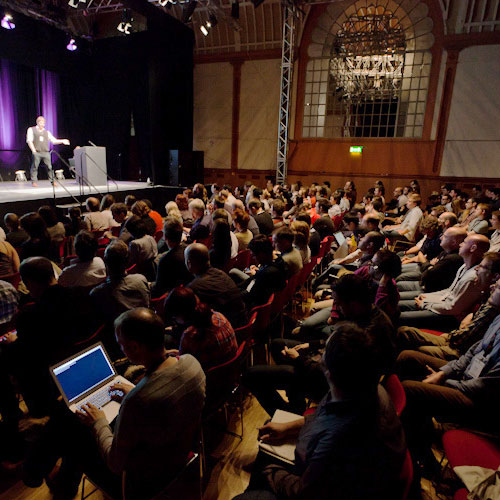
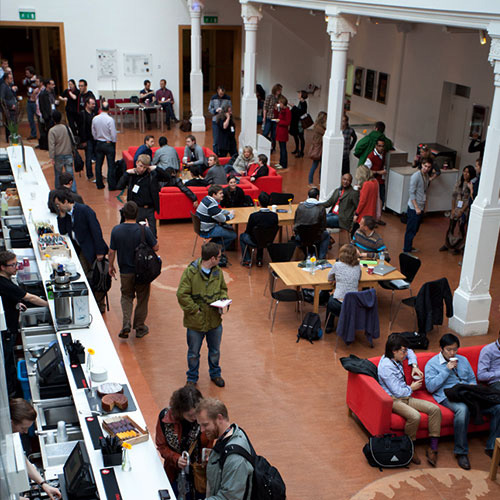
Originally the Prince Regent’s riding house, the Corn Exchange is a beautiful building in the heart of Brighton. You’ll find plenty of great places to eat, sleep and shop all within close proximity.
The Corn Exchange is accessible to delegates who are wheelchair users. It is also fitted with Infrared Hearing Assistance and traditional T Loops for those with hearing impairment. Please contact the venue to advance book units on 01273 261587.